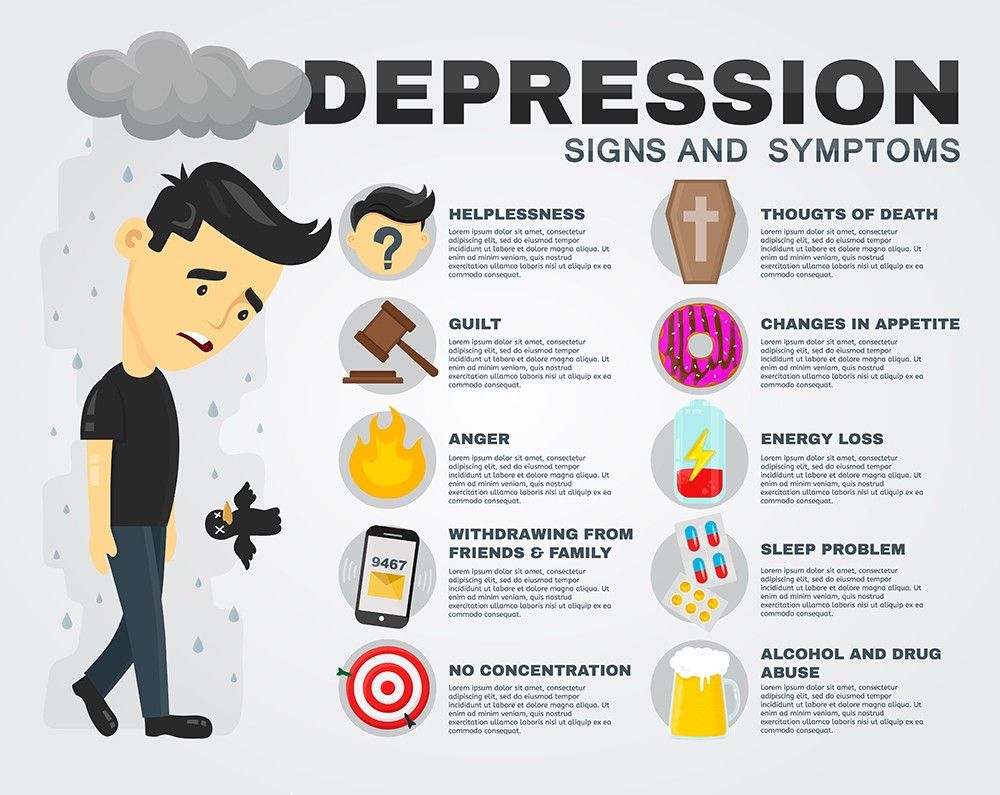Depression is a mood disorder that affects millions of people worldwide. It is characterized by persistent feelings of sadness, loss of interest in activities, and a general lack of motivation. In this article, we will explore the symptoms of depression, the various treatment options available, and the importance of support in managing this condition.
Symptoms of Depression
Depression manifests itself in a variety of ways, with symptoms varying from person to person. Common symptoms include: Feelings of sadness, hopelessness, or emptiness Loss of interest in previously enjoyed activities Changes in appetite and weight Difficulty concentrating and making decisions Insomnia or excessive sleeping Fatigue and lack of energy Feelings of worthlessness or guilt Recurring thoughts of death or suicide
Treatment Options
Fortunately, depression is a treatable condition, and there are several options available. It is important to note that treatment may vary depending on the individual and the severity of their symptoms. Some common treatment options include:
1. Medication
Antidepressant medications are often prescribed to help alleviate the symptoms of depression. These medications work by balancing chemicals in the brain that affect mood. It is crucial to consult a healthcare professional before starting any medication.
2. Psychotherapy
Talk therapy, also known as psychotherapy, is a common treatment option for depression. Working with a licensed therapist allows individuals to explore and address the underlying causes of their depression, develop coping strategies, and gain a better understanding of their emotions.
3. Lifestyle Changes
Implementing healthy lifestyle changes can significantly impact one's mental well-being. Regular exercise, a nutritious diet, sufficient sleep, and the avoidance of alcohol and drugs can help reduce depressive symptoms.
4. Support Groups
Joining a support group can provide individuals with a sense of belonging and help them realize they are not alone in their struggles. Sharing experiences, emotions, and advice with others who understand can be incredibly beneficial in managing depression.
The Importance of Support
Having a strong support network is essential for individuals battling depression. The presence of understanding and compassionate individuals can offer emotional support, encouragement, and motivation. Friends, family, or support groups can provide a safe space for expressing feelings, thereby reducing isolation and promoting healing.
Conclusion
Depression is a serious mental health condition that requires attention and support. Recognizing the symptoms, seeking professional help, and considering the available treatment options are crucial steps towards managing and overcoming depression. Remember, you are not alone, and with the right support and treatment, it is possible to regain a fulfilling and happy life.
